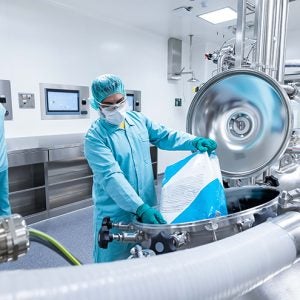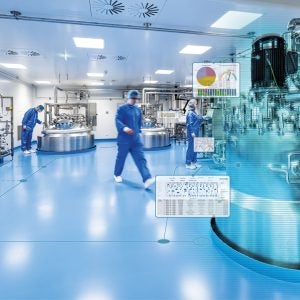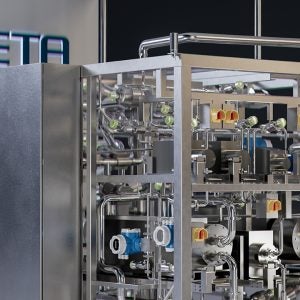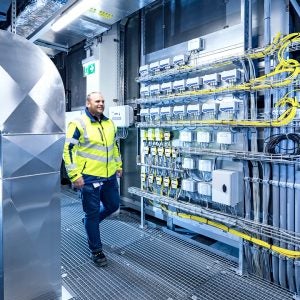Internationally Active ZETA Group Acquires a Stake in Biotree, India
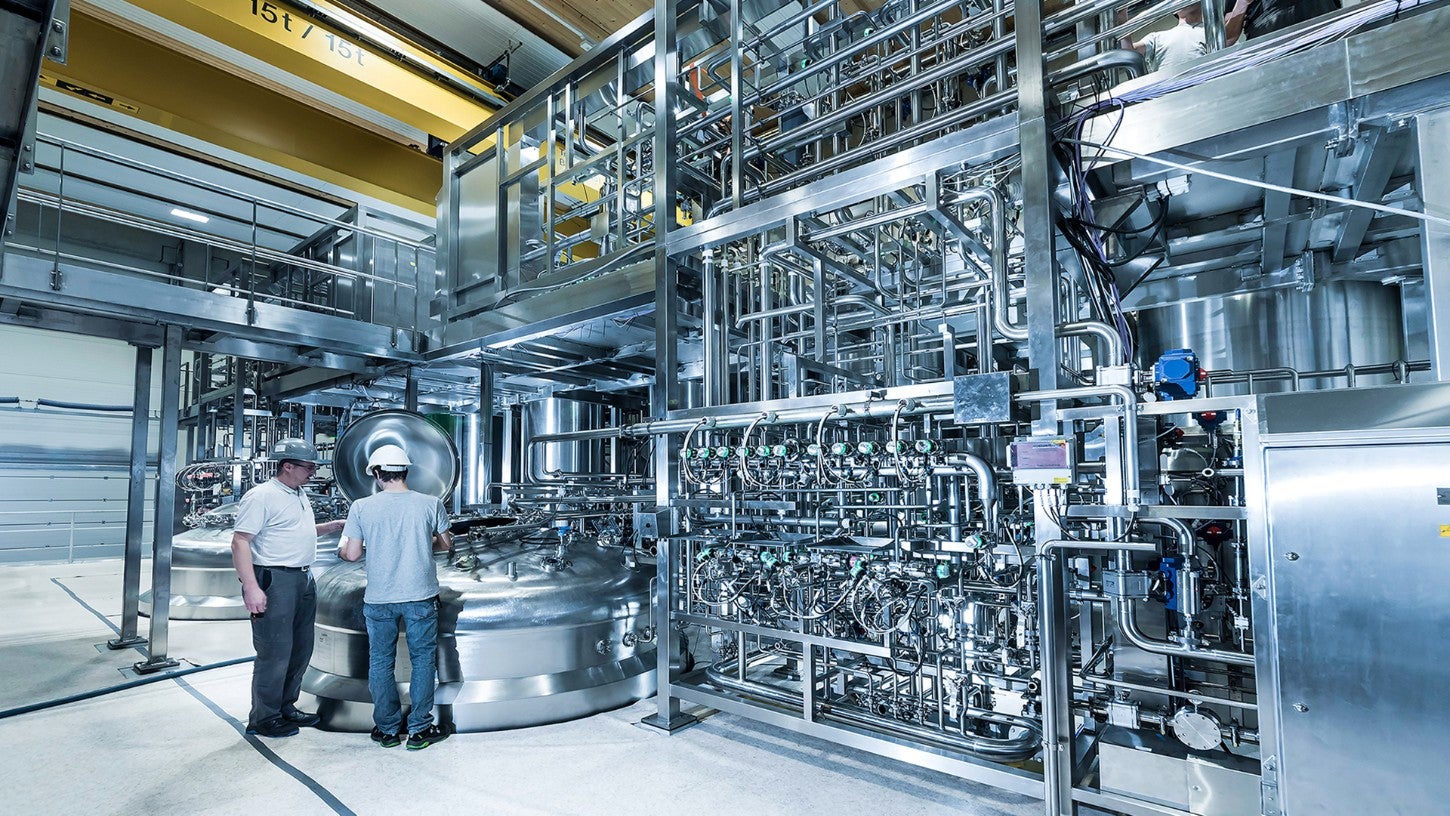
The biopharmaceutical market in the Asian region shows enormous growth potential. The internationally active ZETA Group has established itself as an end-to-end solution provider for the pharmaceutical and biotech industries in this dynamic environment. With its majority interest in the Indian engineering and plant construction specialist Biotree, ZETA has intensified its development of the Asian market. Local companies benefit from the high quality of their service and performance portfolio.
The Asian biopharmaceutical market is growing rapidly. With an annual growth rate of 13%, India is considered an extremely dynamic environment for companies in this industry.
The international ZETA Group is also taking advantage of this momentum with its majority stake in Biotree, the Indian engineering and plant construction specialist. “Together, we will intensify our market development in the Asian region and further expand services for our customers, particularly in India and Southeast Asia,” says Andreas Marchler, CEO of the ZETA Group, who is well prepared for the future.
Common engineering and supply network
Biotree will be integrated into ZETA’s global engineering and delivery network and complete the service portfolio in the Asian region.
“We are pooling our resources and skills: global presence with engineering, plant construction, and automation hubs in Europe, the USA and Asia. This is paired with in-depth knowledge of local market requirements,” emphasises Dr Anil Paul Kariath, CEO of Biotree, highlighting the benefits of the partnership.
“It is very important for us to offer our customers in all parts of the world the same expertise and high quality in the fields of engineering, plant construction, automation and digitalisation. With Biotree, we now have an Asian partner on board that fulfils all of these requirements excellently. ZETA is thus consistently implementing the strategy of offering high-quality end-to-end solutions for the pharmaceutical and biotech industry globally, from engineering, construction, automation and digitisation to qualification,” adds Andreas Marchler in conclusion.


